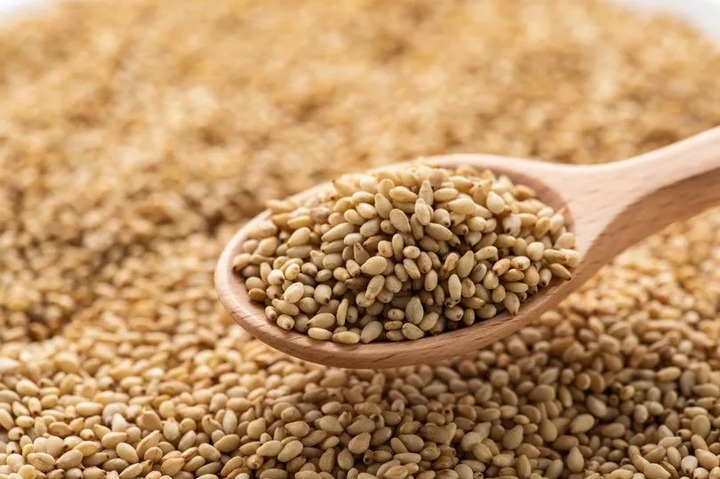
This quantity takes up a large portion of the daily calcium needs for most adults. The NHS says that people between 19 and 64 years old require 700mg of calcium daily. It adds: “You should be able to get all the calcium you need from your daily diet.” However, excessive calcium intake (exceeding 1,500mg daily) may result in stomach discomfort and diarrhoea. For those who are lactose intolerant, increasing sardine consumption can provide a valuable source of calcium without the dairy risks. Sesame seeds are typically available in most supermarkets, with Tesco, for example, selling a 100g bag for £1.20 and Aldi selling a 42g bottle for 85p.
What is calcium, and why is it important?

- Nerve function: Calcium transmits nerve signals, ensuring effective communication between the brain and the body.
- Blood clotting: Calcium is vital for the clotting process, aiding in the cessation of bleeding and minimising blood loss from injuries.
- Heart health: Calcium contributes to the regulation of heart rhythm and blood pressure, supporting overall cardiovascular well-being.
Other benefits:
- May help regulate blood pressure.
- May assist in weight management.
- May help prevent kidney stones.
- May protect against certain cancers and diabetes.

